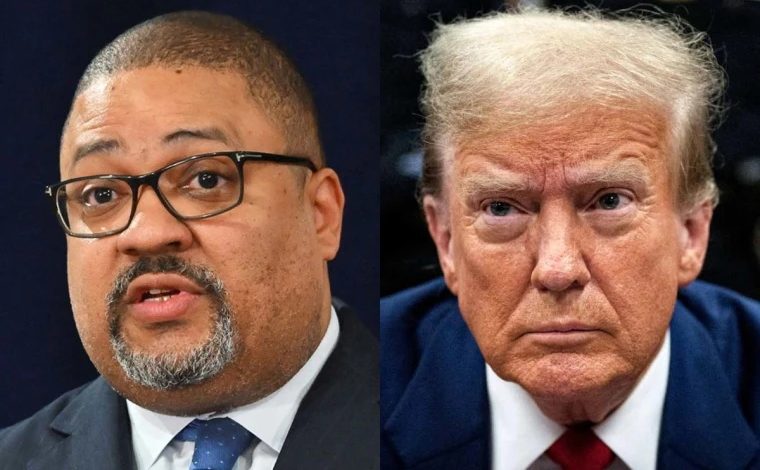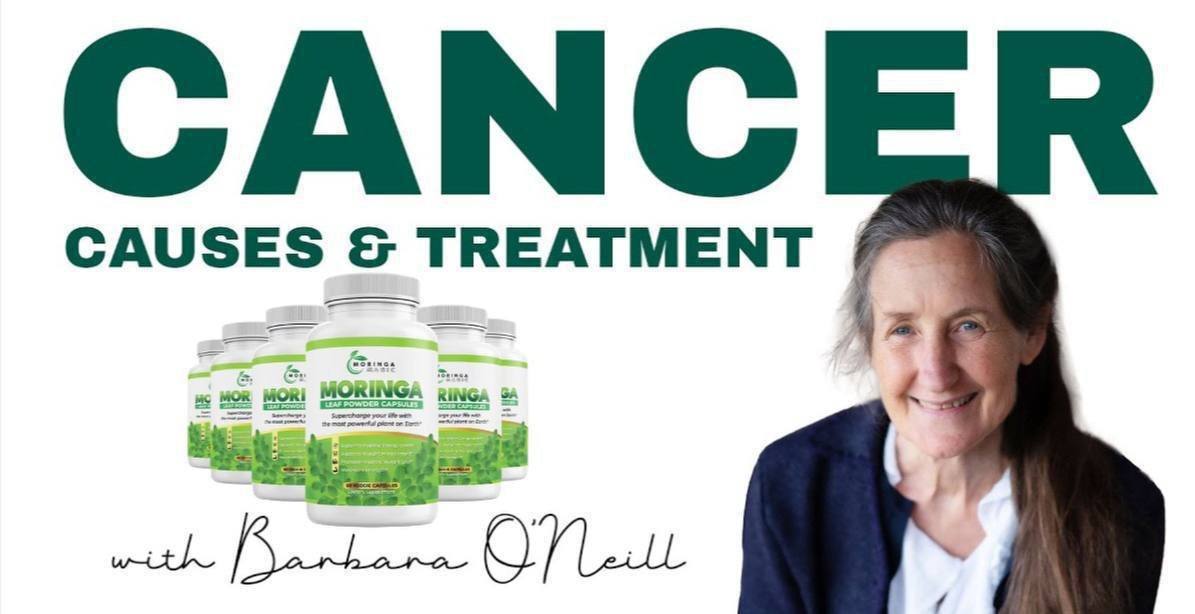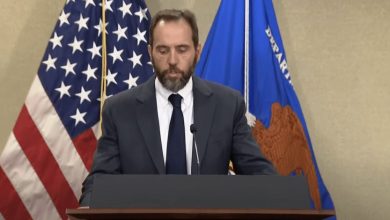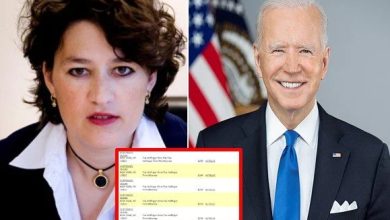New York Court Releases Crucial Ruling On Trump’s Gag Order

New York’s top court has rejected an appeal from former President Donald Trump concerning the gag order in his hush money case. On Tuesday the court decided not to consider Trump’s challenge, stating it didn’t involve a significant constitutional issue. The gag order was set before the trial that concluded with Trump’s conviction for falsifying business records tied to a payment made to adult film actress Stormy Daniels.
The New York Court of Appeals refused to consider the former president’s appeal “upon the ground that no substantial constitutional question is directly involved.” As a result, the gag order that prevents the 2024 frontrunner from discussing jurors, witnesses, and other participants in the Manhattan case will stay in place.
CNBC reported:
Trump’s attorneys have also asked Judge Juan Merchan, who presided over the trial, to terminate the gag order because the trial is over.
The Manhattan District Attorney’s office, however, urged Merchan to keep the restrictions in place, at least until after a sentencing hearing is held and certain post-trial motions are resolved.
Trump campaign spokesman Steven Cheung said in a statement that the former president and his legal team “will continue to fight against the unconstitutional Gag Order imposed by Justice Merchan.”
The order “wrongfully silences” Trump “at the height of his campaign,” Cheung said, adding that voters “have a fundamental right to hear his message.”
Trump’s attorney Todd Blanche did not immediately respond to CNBC’s request for comment. A spokesperson for the Manhattan DA declined to comment.
In May, Trump was found guilty on 34 felony counts of first-degree falsification of business records, marking him as the first U.S. president to be criminally convicted. The case centered around a $130,000 payment meant to prevent adult film actress Stormy Daniels from disclosing a past alleged encounter with Trump, aiming to sway the 2016 presidential election.
Evidence included altered invoices and checks. The trial featured key testimonies, notably from David Pecker, ex-CEO of the National Enquirer, who detailed his involvement in supporting the Trump campaign. After deliberating for a day and a half, the jury, consisting of seven men and five women, unanimously concluded that Trump intended to commit or cover up crimes that breached both New York state and federal campaign finance laws. Trump’s defense claimed political bias influenced the case.
Prosecutors in the trial sought a gag order to prevent him from potentially intimidating witnesses, swaying jurors, and disrupting the trial through public statements. The order barred Trump from commenting on the trial’s participants due to his history of remarks in previous legal matters, which prosecutors viewed as a threat to a “fair” trial.
Despite the order, Trump frequently pushed its boundaries. He incurred a $10,000 fine for ten violations, notably for comments about his former attorney Michael Cohen, and others involved in the trial. The judge also cautioned him that further breaches could lead to imprisonment. Trump’s attorneys challenged the gag order, claiming it violated his First Amendment rights, but the appellate court maintained the order.



